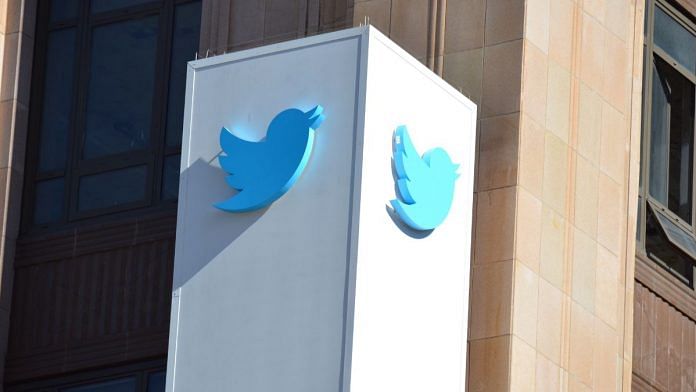New Delhi: “Disproportionate use of power” – will be US micro-blogging site Twitter’s overriding argument against the Indian government as it legally challenges its multiple orders to take down content.
While Twitter’s writ petition in the Karnataka High Court may not be listed soon, the social media site’s court dare is likely to deepen its conformation with New Delhi – one that has been brewing since last year.
Twitter is particularly miffed with the way Information Technology Act’s Section 69A is being used. It says the section — which makes it imperative for social media platforms to strictly act on blocking requests — is being used too liberally, Twitter feels, even when not warranted.
The company is also concerned about provisions that make the compliance officer personally liable in case of non-compliance – an offence that carries jail time up to seven years and a fine.
Twitter Vs Indian Government, 2021
Twitter’s worst fears have come true as the government is dead set on 100 per cent compliance of its new rules notified in February, 2021.
In May last year, Twitter said it was concerned about the “potential threat to freedom of expression” after the Delhi Police’s Special Cell paid a visit to the company’s India offices. The platform had refused to stop labelling certain content posted by BJP leaders as “manipulated media”.
While calling the police’s visit an “intimidation tactic”, Twitter raised alarm about the new rules – The Information Technology (Intermediary Guidelines and Digital Media Ethics Code) Rules, 2021 — usually referred to as the IT rules, informed by provisions of the Information Technology Act, 2000
Twitter was especially concerned about the section which required social media companies to appoint a compliance officer who would be held “criminally liable” for content posted by other users.
That concern turned out to be valid. Sources told ThePrint that in June this year, the Ministry of Electronics and Information TRechnology served Twitter a no-nonsense letter, detailing the consequences it would face in case of non-compliance.
The upshot would include “criminal proceedings against Twitter’s Chief Compliance Officer” the source said, though the government’s letter granted a “last opportunity” to comply with a host of content blocking orders issued under Section 69A.
The source said Twitter went to court after the IT Ministry’s warning as it believes the blocking orders don’t align with Section 69A’s actual requirements.
For example, Twitter says the government or an authorised official may demand for an entire account to be blocked, when that may not be necessary, according to the source.
Twitter has chosen to challenge the validity of individual orders instead of directly questioning the IT rules because the strict law leaves no bandwidth for it to defy.
The IT Ministry is authorised to issue blocking orders under 69A when content is reported to the ministry by other government agencies.
When Twitter receives a blocking order, it may “object” before the ministry issues a “final blocking order”.
Once the “final order” is passed and if Twitter does not at least partially comply, the ministry has the power to serve a “non-compliance notice” that can carry penalties like jail for seven years and a fine.
Sources said the penalty for non-compliance is further reinforced under the IT rules that provide for the “Chief Compliance Officer” to be held “personally” liable for the company’s non-compliance.
What Twitter finds problematic
Sources were not able to share specific content the site wants to block or any details from the writ petition since the information is confidential and also sub-judice.
However, the sources told ThePrint that multiple accounts and posts the government wants blocked were “arbitrary, overreaching and disproportionate” to its intent when issuing the order.
Sources explained that blocking a whole account was disproportionate and violated rights of users under the Constitution.
Further, the blocking orders did not show how a majority of content in an account can fall under the “narrowly-tailored grounds of Section 69A”.
Under 69A, content can be blocked if it impacts India’s sovereignty, integrity, defence, security, relations with foreign states, public order, among others.
Sources recalled how the IT Ministry — in multiple filings in the Delhi High Court – had said the platform may take proportionate action if the content is “unlawful” and that the platform “should not completely suspend the user account”.
The ministry has said in the past that taking down a whole account should be the last resort, sources added.
The recent blocking orders do not give any notice to users whose content is being removed, and Twitter finds this problematic as well.
In addition, some content asked to be blocked can be posted by official accounts of political parties. Blocking information of this sort is a “violation of the freedom of speech” of Twitter users, the site feels.
Sources also said some of the content the government wants blocked has no obvious connection to Section 69A.
Several orders Twitter received just “cite” the grounds of Section 69A but don’t really show the relevance.
Twitter also said some content asked to be blocked refers to past events, according to the source.
Also read: UN agency-backed report says Aadhaar improved welfare delivery but excluded some poor



